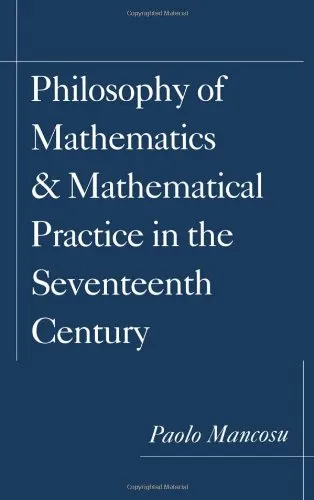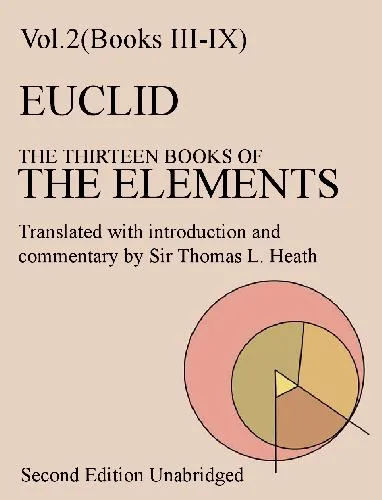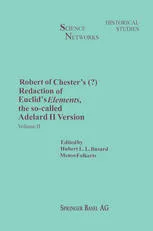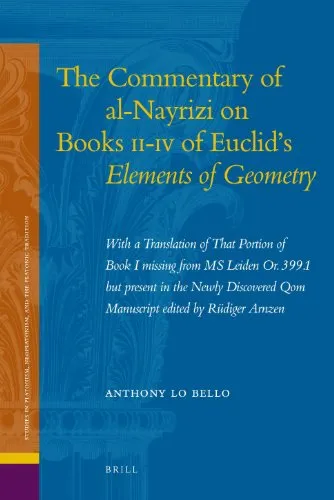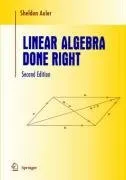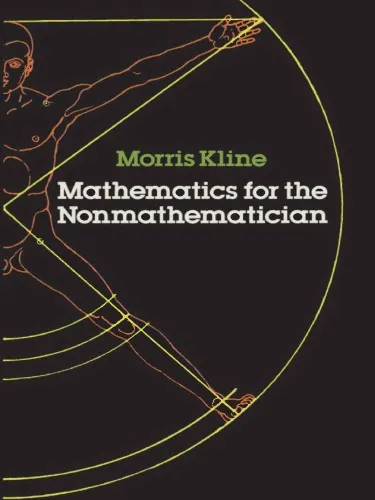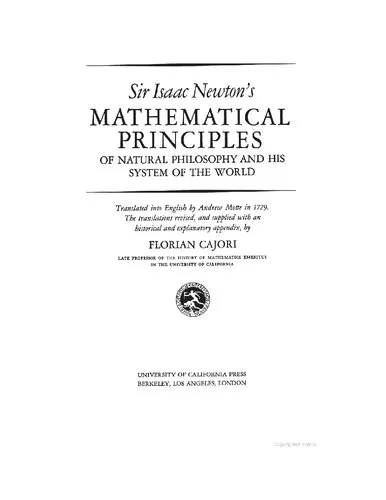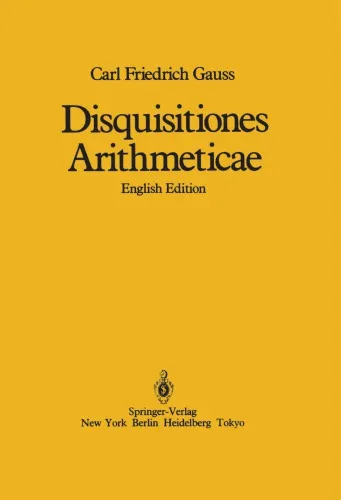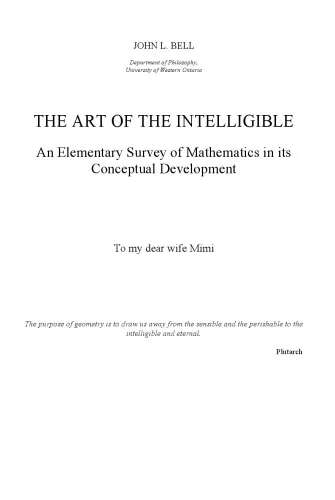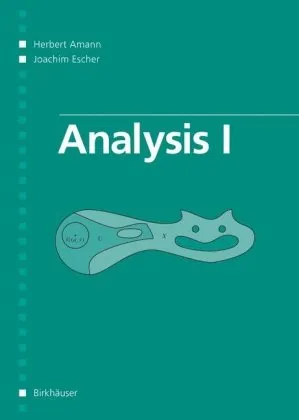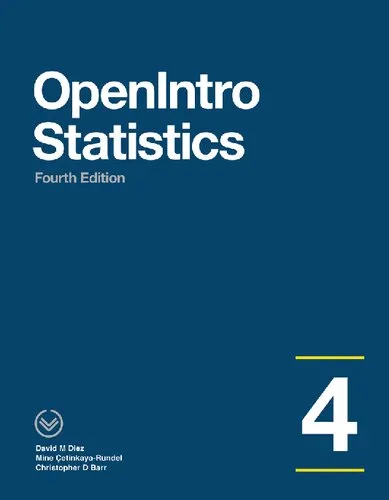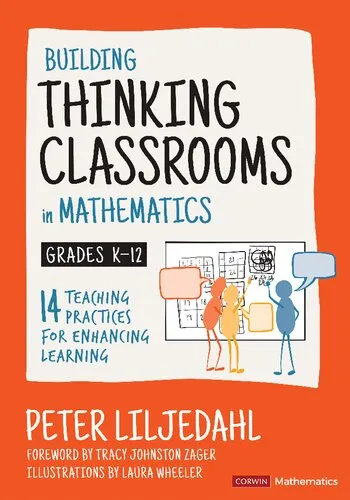Philosophy of Mathematics and Mathematical Practice in the Seventeenth Century
4.7
Reviews from our users

You Can Ask your questions from this book's AI after Login
Each download or ask from book AI costs 2 points. To earn more free points, please visit the Points Guide Page and complete some valuable actions.Related Refrences:
Introduction to "Philosophy of Mathematics and Mathematical Practice in the Seventeenth Century"
"Philosophy of Mathematics and Mathematical Practice in the Seventeenth Century" is a meticulously researched exploration of the profound transformation in how mathematics was understood, practiced, and philosophized during one of the most vibrant periods in its history. Written by Paolo Mancosu, this book delves deeply into the intellectual landscape of the 17th century, a time when mathematics began to shift from a static, demonstrative discipline to a dynamic, practical science that shaped the foundations of modern thought.
The 17th century was a period of extraordinary scientific and mathematical achievement, driven by figures such as Descartes, Newton, Leibniz, and Galileo. This book captures the spirit of that era by examining the philosophical debates surrounding mathematics and its methods. It discusses how the interplay between theory and practice reshaped mathematical inquiry and illustrates how these developments influenced broader epistemological and metaphysical frameworks. By combining rigorous historical scholarship with accessible philosophical analysis, the book serves both as a historical account and a philosophical investigation into the nature of mathematics.
Detailed Summary of the Book
The book is structured around key themes and episodes that illuminate the diverse ways in which mathematical practice evolved during the 17th century. Its central focus is the dynamic relationship between mathematical practice and the philosophical reflections that accompanied it.
Mancosu opens by tracing the transition from medieval to early modern mathematics, emphasizing how the Renaissance revival of classical texts paved the way for innovations in mathematical techniques and applications. One of the highlights is the exploration of how Descartes' "La Géométrie" transformed geometry by advancing the use of algebraic methods. This shift not only simplified problems but also introduced new philosophical questions regarding the nature of mathematical entities.
Another major theme in the book is the emergence of infinitesimal calculus, championed by Newton and Leibniz. The book discusses the philosophical challenges posed by infinitesimals, particularly regarding their rigor and consistency, which sparked debates that would last for centuries. Mancosu also examines contrasting perspectives, such as Hobbes’ mechanistic view of geometry and Galileo’s treatment of infinity and indivisibles, highlighting the diversity and complexity of mathematical thought during the period.
While the text celebrates the triumphs of 17th-century mathematics, it also emphasizes the tensions inherent in reconciling abstract theory with practical applications. This interplay is expertly captured through case studies and detailed discussions of specific texts and figures, making the book a rich resource for exploring how mathematics came to occupy its central place in the intellectual life of the modern era.
Key Takeaways
The 17th century marked a turning point in the history of mathematics, with a growing emphasis on practical problem-solving methods alongside traditional theoretical approaches.
The philosophical implications of new mathematical techniques, such as the use of infinitesimals, intersected with broader questions about the nature of truth, reality, and knowledge.
Through the works of figures like Descartes, Newton, and Leibniz, mathematics became a central tool for advancing scientific understanding and reshaping philosophy.
The debates over rigor and foundation in 17th-century mathematics prefigured many of the issues that would arise in the 19th and 20th centuries, such as the challenges to mathematical rigor and formalism.
Famous Quotes from the Book
"The continual interplay between philosophical reflection and mathematical innovation is one of the most striking features of 17th-century mathematics."
"In the 17th century, mathematics was not merely a technical discipline; it was a philosophical enterprise that sought to understand the very fabric of reality."
"The transition from synthetic to analytic methods was not just a practical revolution but a profound shift in how mathematics was conceptualized."
Why This Book Matters
"Philosophy of Mathematics and Mathematical Practice in the Seventeenth Century" is a pivotal contribution to the history and philosophy of mathematics. It stands out for its interdisciplinary approach, bridging the historical development of mathematical techniques with their broader philosophical implications. By focusing on the transformative 17th-century period, the book provides readers with a nuanced understanding of how mathematics evolved into the form we recognize today.
This book matters because it reveals the deep connections between the practice of mathematics and the philosophical questions that arise from it. It helps us appreciate the intellectual context in which the giants of mathematics and science operated, shedding light on how their ideas continue to shape contemporary thought. For historians, philosophers, and mathematicians alike, Mancosu's work offers a treasure trove of insights into the intellectual history of one of humanity's greatest achievements.
Free Direct Download
You Can Download this book after Login
Accessing books through legal platforms and public libraries not only supports the rights of authors and publishers but also contributes to the sustainability of reading culture. Before downloading, please take a moment to consider these options.
Find this book on other platforms:
WorldCat helps you find books in libraries worldwide.
See ratings, reviews, and discussions on Goodreads.
Find and buy rare or used books on AbeBooks.
1368
بازدید4.7
امتیاز0
نظر98%
رضایتReviews:
4.7
Based on 0 users review
Questions & Answers
Ask questions about this book or help others by answering
No questions yet. Be the first to ask!
